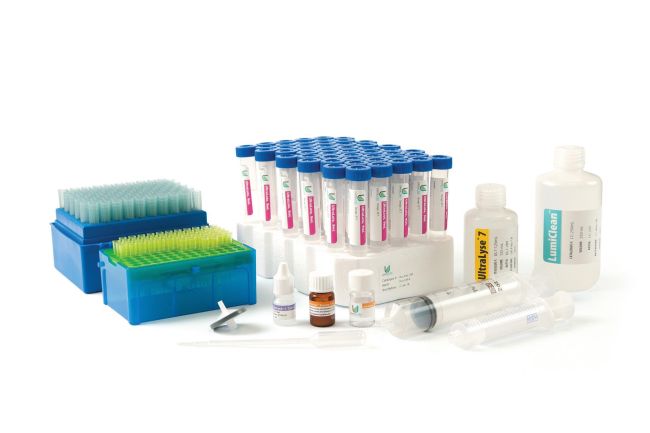IMO 2020 Compliant Fuels Require Increased Microbial Influenced Corrosion Care

Some necessary requirements have been brought into light by LuminUltra that is the microbial monitoring specialist about the quality of some compliant fuels as the maritime sector is getting ready to meet the sulphur cap that has been set by IMO which gets into force form January.
Talking about the blend of biodiesel along with HSFO and distillates that helps in the reduction in the amount of SOx emitted at the time of combustion process, Patrick Taylor, LuminUltra’s newly appointed Director of Global Business Development, said: “The addition of biodiesel will reduce the sulphur content, but ship operators do need to be aware this can result in increased microbial influenced corrosion (MIC). Less sulphur means more bugs.”
Taylor highlighted that the high sulphur content of residual fuel has been an “excellent inhibitor”, which prevents the growth of microbes, the corrosion of fuel tanks and systems due to microbial induction.
“There is an increased biodiesel content in Marine Gas Oil (MGO) and we are seeing HSFO now being blended with recovered distillates to reduce the sulphur level. As biodiesel has a high water content, these new fuels can be nutrient-rich breeding grounds for microbiological growth. There are real risks, real safety concerns,” he said.
There are two categories of MIC: microbes that need oxygen, aerobic and microbes that do not, anerobic. Water is required by both types in order to form colonies and for expansion.
There still prevails a lack of information about the water absorption by biodiesel or diesel blends. However, research shows that 6.5 times more moisture is absorbed by biodiesel than diesel at constant relative humidity.
According to the Volume 108 of International Biodeterioration & Biodegradation that was published in 2016 by Elsevier, Taylor said that biodiesel is degraded at a “phenomenal rate” by a strain of fungus and thus leads to better 1018 steel corrosion because of acidification.
“If compliant fuels are not regularly monitored for their microbiological content, then at the very least biofilm will form and clog up the fuel filters. In the worst case, if microbial growth goes unchecked, then we are likely to see an increase in rapid microbiological induced corrosion of even the most well-maintained fuel tanks and pipework.”
Reference:IMO






